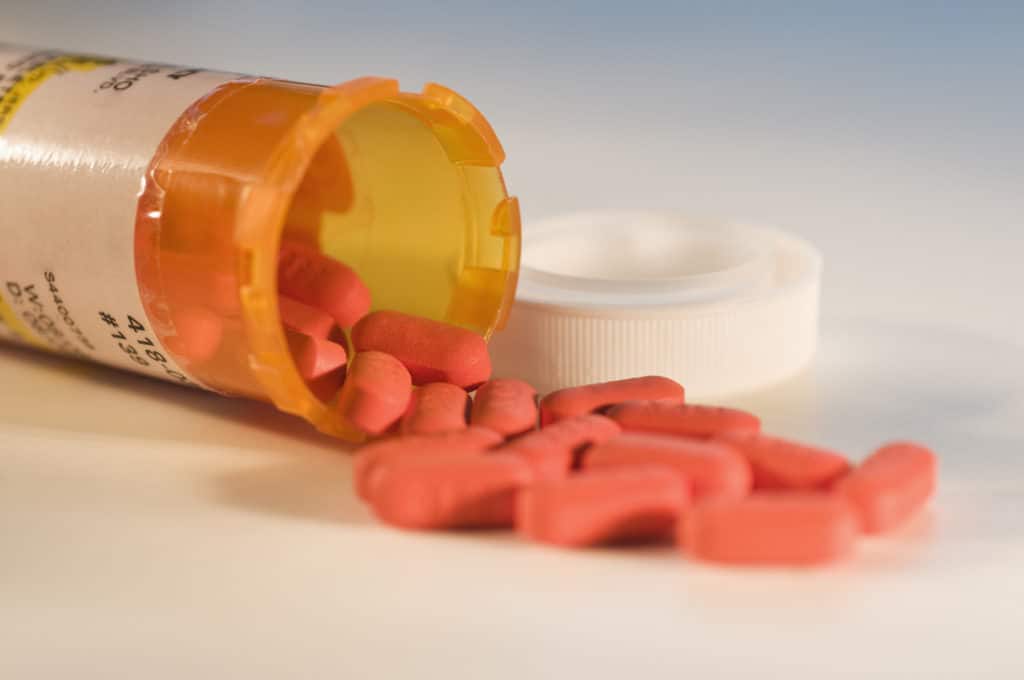An estimated 5 million Americans over the age of 12 use sedatives non-medically every year. The use of antidepressants as a recreational drug has increased by over 400 percent over the past four years.
Part of the reason why this trend is growing is literature and Hollywood culture which praises the misuse of sedatives. Movies, songs and other reading material make sedative use seem like a fun recreational activity.
But in reality, sedative misuse leads to serious and life-changing consequences, and people should avoid it at all costs.
The only way out of a sedative addiction problem is getting into a detox program, and going through a complete rehabilitation process.
Here are the 11 most common indicators of a person abusing depressants and you can help them detox.
What Is a Depressant Drug and How Does It Work
Before looking into signs of sedative abuse, it is crucial to understand how they work, and why they are easily addictive. Sedatives slow down the stimulation of the Central Nervous System.
When you slow down CNS stimulation, the brains neurotransmission levels also slow, which leads to a feeling of relaxation, drowsiness, and calmness.
Depressants are used to treat the following conditions:
- Anxiety
- Sedation
- Sleeping problems
- Panic attacks
- Seizures
- Stress
Doctors use depressants and sedatives to deal with most mental illnesses.
Depressants fall into several categories. Doctors prescribe Barbiturates to treat anxiety and seizures. Benzodiazepines, on the other hand, are used to treat sleep disorders, convulsions, and anxiety. Common benzodiazepines include Valium, Xanax, and Ativan.
The medication is effective when prescribed by a doctor. People who use the drugs without prescription end up with a sedative addiction. The symptoms of ambien addiction and other sedative dependency include the following:
1. Increased Appetite and Weight Gain
Scientists do not know the exact reason why antidepressants cause weight gain. However, there is a theory which proposed that depressant addiction alters the way the body’s metabolism works. The changes lead to the body burning calories less efficiently, hence weight gain.
There is also the hypothesis that when people are depressed, their appetite decreases. However, the moment you put them on medication, their appetite gets a boost, which causes the weight gain. Either way, when you loved one starts abusing sedatives, they are likely to gain a few extra pounds.
2. Loss of Sexual Desire
The second side effect of long term sedative use loss of libido which manifests in the following ways:
- Decreased sexual desire
- Inability to get sexually excited
- Diminished and delayed orgasms
- Loss of sexual sensation
These symptoms will not be exactly alike in two people, but they are generally similar.
3. Confusion and Hallucinations
One of the dangers of abusing depressants is that tolerance develops very fast. Higher tolerance forces the user to increase the dosage of the medication to get the same effect that they did before.
The increased dosage causes fuzziness, paranoia, hallucinations and even suicidal thoughts. For instance, valium addiction causes irrational and disorganized thinking. Some people also experience agitation and aggression as a side effect.
4. Slow Brain Function
Depressants operate by slowing down the brain’s response to stimulants in the environment. When people misuse them, their brain function is impaired. This impairment manifests in slurred speech, learning, and working inability and slower than normal reaction to stimulants in the environment.
5. Frequent Absence from School and Work
Ironically, most people start taking antidepressants because they want to calm down and be more effective at work. Unfortunately, when they get addicted, they are unable to hold down a job and attend school consistently.
6. Aggression and Increased Irritability
Some people react to sedative misuse differently. This group of people becomes more aggressive than they were before. They also end up in fights, verbal exchanges and other defiant behavior that leads to disciplinary action in school or at work.
7. Depression and Apathy
Depressants are supposed to calm down people with a diagnosed anxiety disorder. When used by a person whose brain function is considered relatively normal, they cause the end of the spectrum, which is a period of depression and apathy.
An apathetic person does not even find joy in activities that they previously enjoyed.
8. Secretive Behavior
Secretive behavior is one of the most obvious giveaways for drug abusers and especially teenagers. When your kid is abusing depressants, they may be more sensitive to things like your presence in their room, where they hand out and their friends.
Drug abuse also often goes hand in hand with behaviors such as lying and stealing money to support their addiction.
9. Withdrawal Symptoms
Another way that you can know that a loved one has an addiction to depressants is when they are unable to source the drugs, and they get withdrawal syndrome. Symptoms of withdrawal from sedative use include insomnia, nausea, and vomiting, body pains and tremors, seizures, anxiety and panic attacks.
10. Chronic Fatigue
Sedatives slow down brain function and responses to stimulants in the environment. It leads to fatigue, which manifests physically, emotionally and psychologically. Sedative abusers, therefore, need more time than regular to accomplish commonplace tasks.
They are also in a constant state of sluggishness, tiredness and decreased physical endurance.
11. Unconsciousness and Death
Heavy overuse of antidepressants can lead to a slowdown in circulation, irregular heartbeat, convulsions, unconsciousness, and even death. You should call emergency services immediately you start suspecting that a loved one could have overdosed on depressant drugs.
Sedative Abuse Rehabilitation
The only way out of a sedative addiction is detoxification and restorative therapy. The detoxification process starts with giving a smaller dosage of the drug over time until the person’s dependency reduces. The recovery process can be long and challenging.
Patients who need rehab for antidepressants overdose need a lot of love and support from the family. Contact us or visit our website to learn more about our services if you or your loved one has an antidepressant dependency and needs help with recovery.
We will enroll you in our drug rehab program, walk with you through the detoxification process and make sure that you walk back to health.











